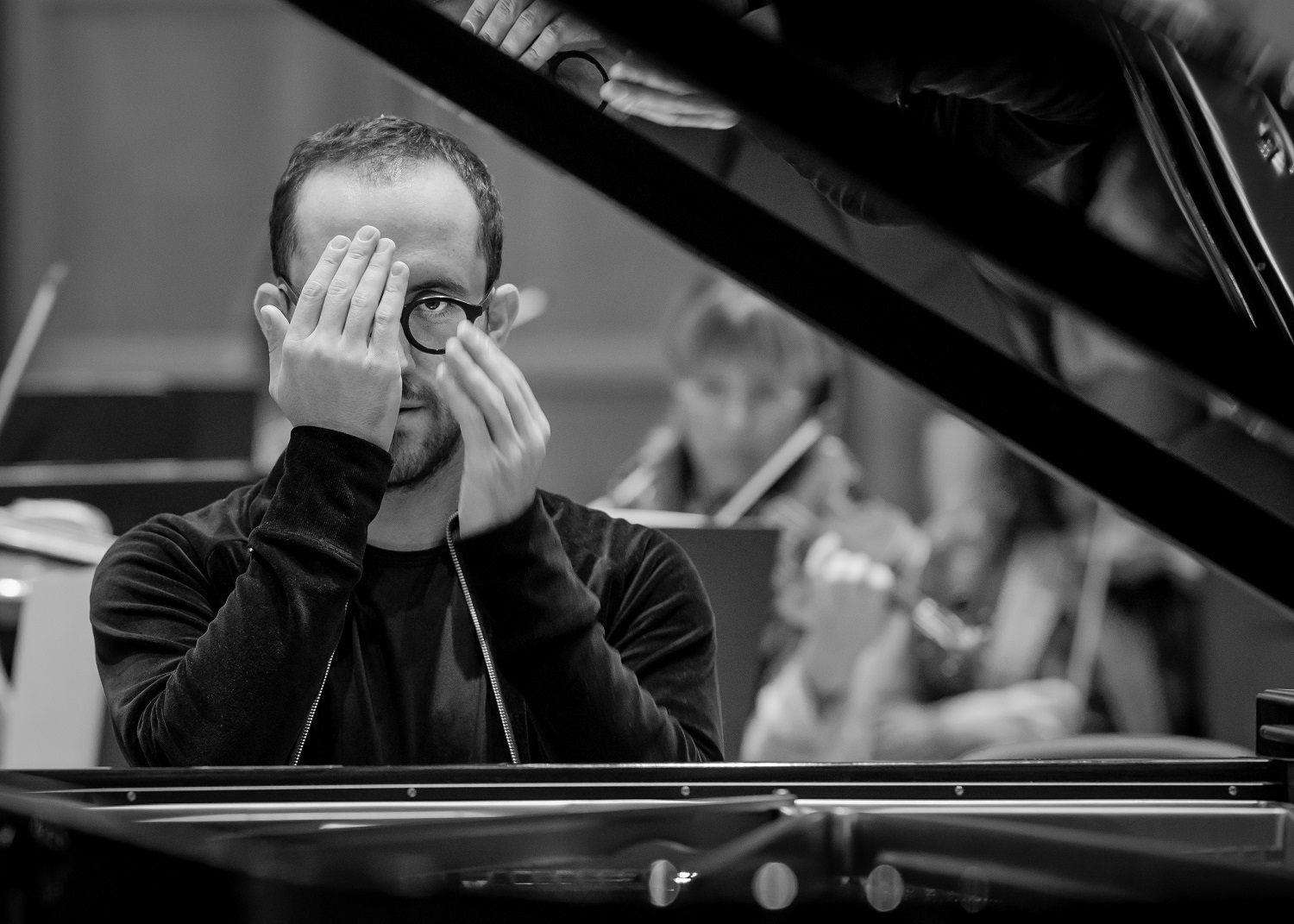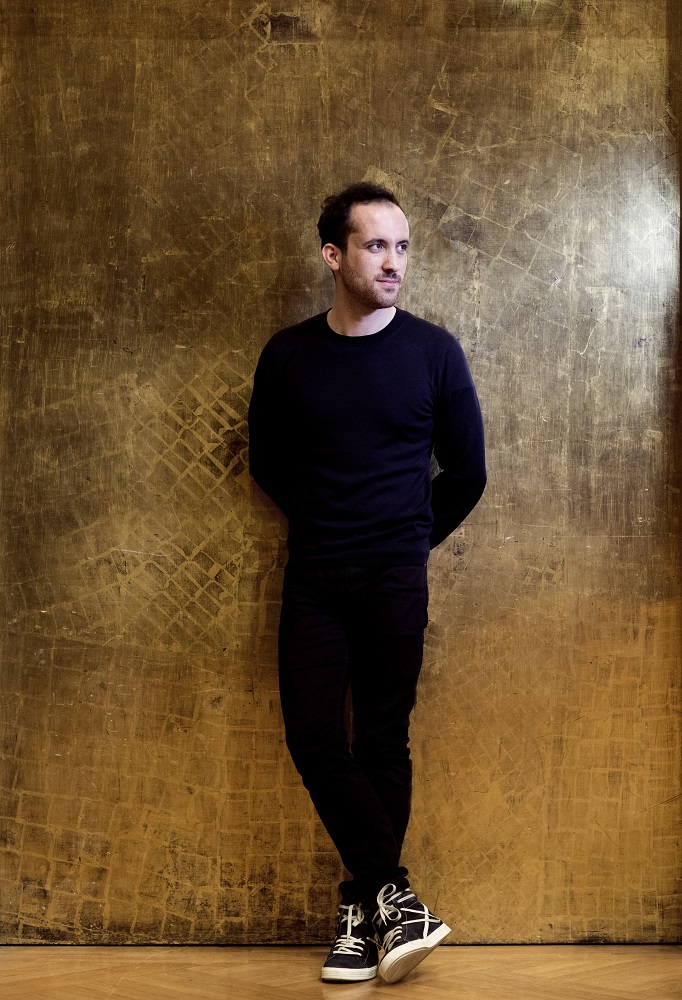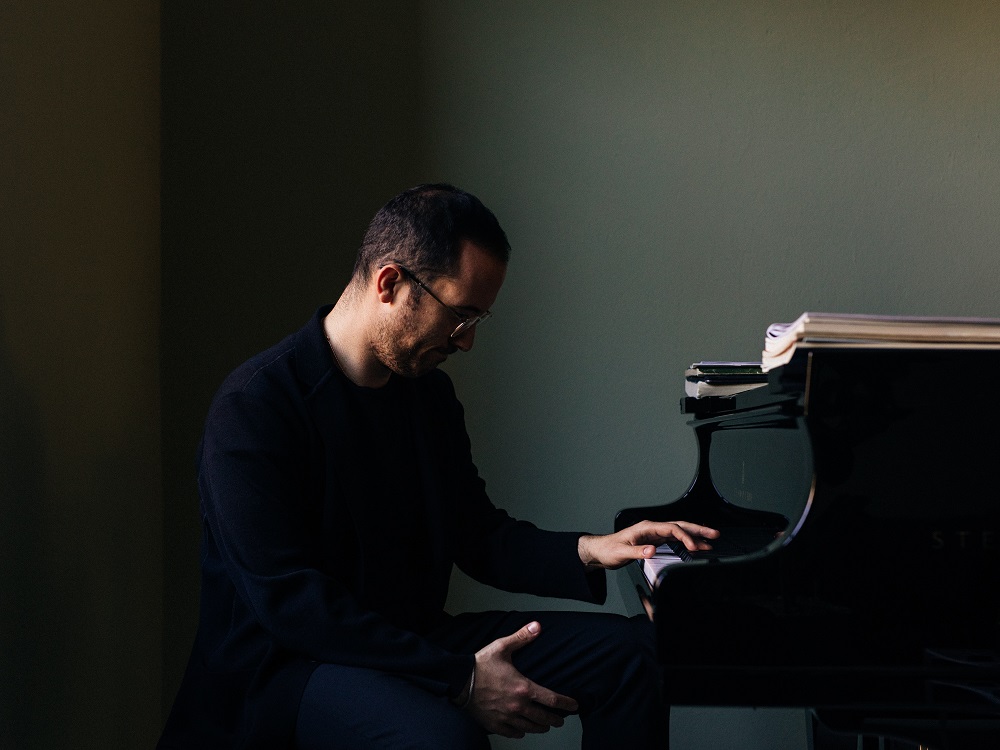Igor Levit
Program
- Ludwig van Beethoven: Piano Sonata No. 30 in E major Op. 109
- Ludwig van Beethoven: Piano Sonata No. 31 in A flat major Op. 110
- Ludwig van Beethoven: Piano Sonata No. 32 in C minor Op. 111
Interpreti
- Igor Levit - piano
Igor Levit for the first time in Prague
The Rudolf Firkušný Piano Festival, as the first in the Czech Republic to do so, is proud to present the pianist Igor Levit. The New York Times describes him as “one of the essential artists of his generation”. When he gave a recital to monumental acclaim in New York’s Carnegie Hall in May 2019, the daily published a review headed: “A Pianist’s Profound Vision of ‘Life,’ in Just 2 Hours”. That same month Levit appeared at London’s Wigmore Hall. “You seldom hear a Champions League-level roar of approval at the Wigmore Hall. Last night, though, Igor Levit drew a throaty collective bark of appreciation from the audience after (for once) an awed hush had followed the final dying cadences of the aria’s return in Bach’s Goldberg Variations. Had he earned it? Absolutely,” stated an article on the review website The Arts Desk.

An insatiable desire to find new paths
Levit cannot be accused of a lack of courage. For his debut album on the Sony label at age 25, he chose supreme masterpieces of the piano repertoire – Beethoven’s last five piano sonatas. He followed up on the 2013 album last year by issuing of a complete set of Beethoven’s piano sonatas. A review on the server Classical Review said: “Levit’s Beethoven is firm, well-articulated and considered. He is completely immersed and confident in his views, and the results are often edgy, stressful or even unforgiving. Those characteristics are conveyed without any hesitance. You can’t really ask for more in such a crowded field.”
This fits well with a statement he made in an interview: “Phrases like ‘the performer, a servant of the composer’ are alien to me. I don’t think anyone should serve anyone, at any level. ‘I play what Beethoven writes’ is about the hollowest statement there can be.” Levit’s priority is interpretive freedom that arises from the unique approach of each performer.
Two years ago, Mr. Levit was honoured by a prestigious Gilmore Artist Award, which is conferred once every four years to exceptional pianists whose artistry weds virtuosity with individuality and an insatiable desire to find new paths (among the past recipients have been Leif Ove Andsnes, Piotr Anderszewski, and Rafał Blechacz). That same year he was named Instrumentalist of the Year by the Royal Philharmonic Society.
Despite his youth, he has also earned a university position – last spring he was appointed to a professorship at his alma mater – the Hochschule für Musik in Hanover.

…in a single breath
The leitmotiv for Mr. Levit’s recital at the Firkušný Piano Festival is Beethoven. Just as Mozart’s last three symphonies exhibit a high degree of interrelation, Beethoven’s last three piano sonatas can also be seen as a trilogy in which the composer has returned to a more austere, briefer form, but his treatment of that form exhibits all the more freedom. Not bound by conventions, he wrote these three masterpieces alongside his Ninth Symphony and his late string quartets. He himself said he wrote these works in Vienna in 1821-1822 in a single breath. And it is in just this way, without breaks, that Igor Levit will play them in Prague.




